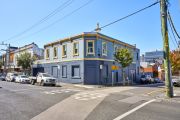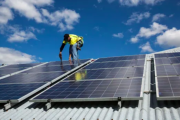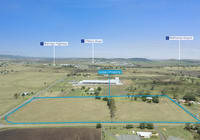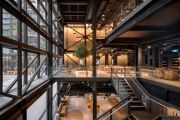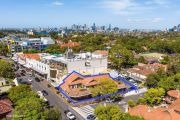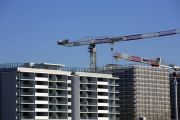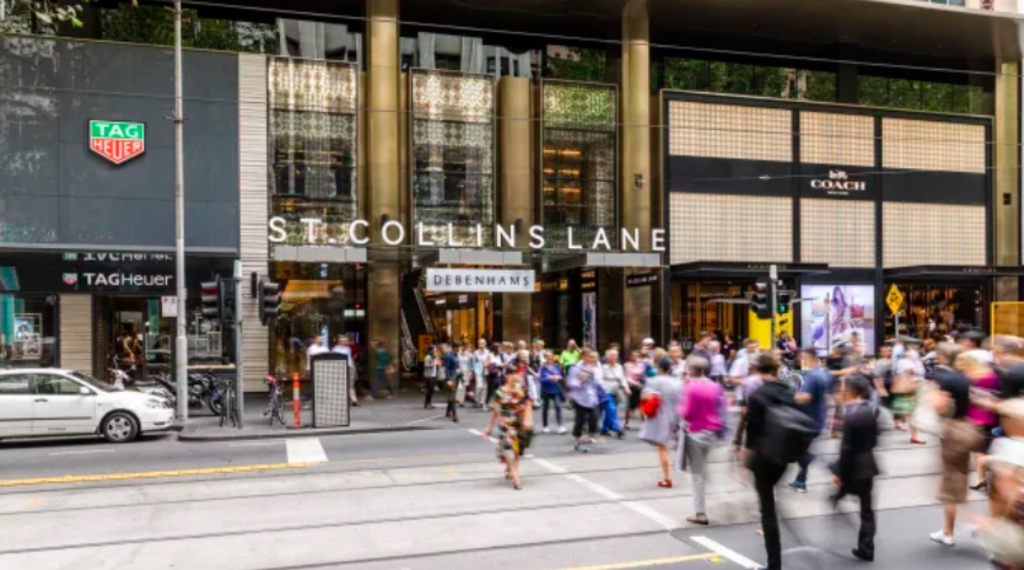
JPMorgan to sell Melbourne CBD mall at bargain basement price
JP Morgan is set to sell its troubled St Collins Lane mall in the Melbourne CBD for less than half what it paid for it in 2016, in a deal which will reverberate across the retail property sector.
The Australian Financial Review understands a buyer – believed to be a local fund manager backed by offshore capital – is in due diligence to buy the 9000-square-metre mall for around $120 million.
Selling agent Simon Rooney from CBRE declined to comment.
JP Morgan Asset Management paid $247 million for the multi-level Collins Street mall in November 2016, The global asset manager acquired it from LaSalle Investment Management following a major $30 million redevelopment of the dated former Australia on Collins mall.
At the time, the mall was billed as Melbourne’s “newest premier fashion destination”, attracted a host of luxury fashion labels including TAG Heuer, Coach, Sandro, Maje and Zadig & Voltaire and UK fashion brand REISS.
It was designed to connect Collins Street with Little Collins Street, complete the retail “ant trail” from Flinders Lane all the way to Melbourne Central.
However, within a year vacancy rates had surged above 40 per cent with only the ground floor attracting strong foot traffic while the upper floors, including the food court on the top, struggled – with numerous empty shops.
JP Morgan attempted to revive the mall with a new mix of tenants including camera retailer Leica, whilst securing Debenhams as the basement tenant. However the Debenhams closed last year, after the UK retailer collapsed.
The mall’s existing problems have been exacerbated by the coronavirus pandemic, which has hit retail values across the country and globally as shoppers stay home and tenants struggle to fulfil their rental obligations.
Some of the largest wholesale retail property funds, which control some of the nation’s biggest malls, have posted negative returns of 20 per cent or worse over the past year as the pandemic slowdown compounds the challenges already facing the sector.
Last month, ASX-listed Vicinity, the country’s second-largest shopping mall owner, launched a $1.4 billion capital raising to prop up a pandemic-battered balance sheet in preparation for a hefty portfolio write-down amid a sharply curtailed rent collection.

